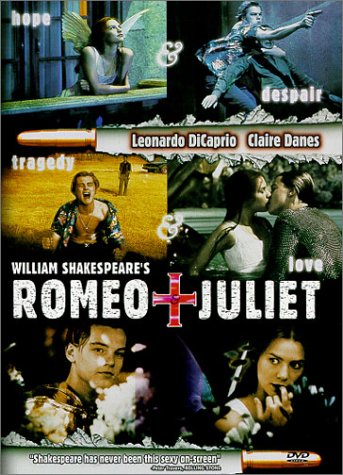Back in 2008, my website had all kinds of other shit on it. It had loads of writing samples; it had a detailed table that set forth my submissions and rejections, which I updated so that my [nonexistent] readers could track my progress; it had pages of writer's backstory about the projects I was working on or had completed. None of this seems like a good idea anymore. The samples - okay, but the links on the site to my published fiction show stuff that's finished and editor-approved, which is even better than stuff no one has said yes to. If I had books for sale, samples would be a good idea, but I don't. The progress table - something tells me that magazine editors won't think too highly of me publishing that information. The backstory - well, I'm permanently interested in writer's backstory, particularly my own (preen), but I doubt that anyone else is, particularly since I am the opposite of prominent.
So I don't really know what to put on the site other than what I have: two little pages, the index and the one that sets out all the published work of mine that you can find on the internet. I am not a fan of rambling bios; when asked by publications, I stick with "Katharine Coldiron's work has appeared in x, y, and z. She lives in California and blogs at <a>The Fictator</a>." Clean and neat. Although I always want to know more about the writers I like, long bios virtually never give me the information I want and are almost always dull or self-aggrandizing or both.
Anyone have any thoughts about how to juice up the site? Anything you'd like to see there? The only ideas I have involve lists, like lists of movies or books I enjoy, lists of places I've lived, lists of people I've dated, etc. Even with more biographical detail than just a blank list, that stuff is not interesting and I know it.
--
My UCLA class starts Wednesday. I am excited and extremely anxious that I'll fuck it up somehow. We've been assigned stories to read, which is a pleasant surprise, as prior workshopping classes I've taken would have benefited from outside work. I finished my instructor's book, Middle Men, over the weekend, and really enjoyed it. I'd read two of the stories before in litmags but liked them just as much a second time. Los Angeles is one of the stars of the book, so I rolled around in that like a horse in the grass.
My classes at CSUN are simultaneously more effort than I expected and exactly how I thought they'd be. In my lit class, we've moved on from short stories to poetry, and thence, for me, into the black void of know-nothing. In my syntax class, I'm passionately engaged on a conceptual level and fumbling around like an idiot on the level of concrete answers to homework problems.
My life has gotten a little overstuffed in recent weeks, and I'm trying to keep up. I expect to write an essay this week about this picture
and I really want to get started on a complex short story I've mentioned in half the posts I've put up recently. I doubt I'd accomplish any more if I was juggling three balls instead of four (with school), but when I'm looking at the clock and looking at my to-do list, it doesn't feel that way.
And tomorrow begins my 384th month on this planet. After spending all damn weekend at my computer, I feel every minute of that in my neck muscles.













